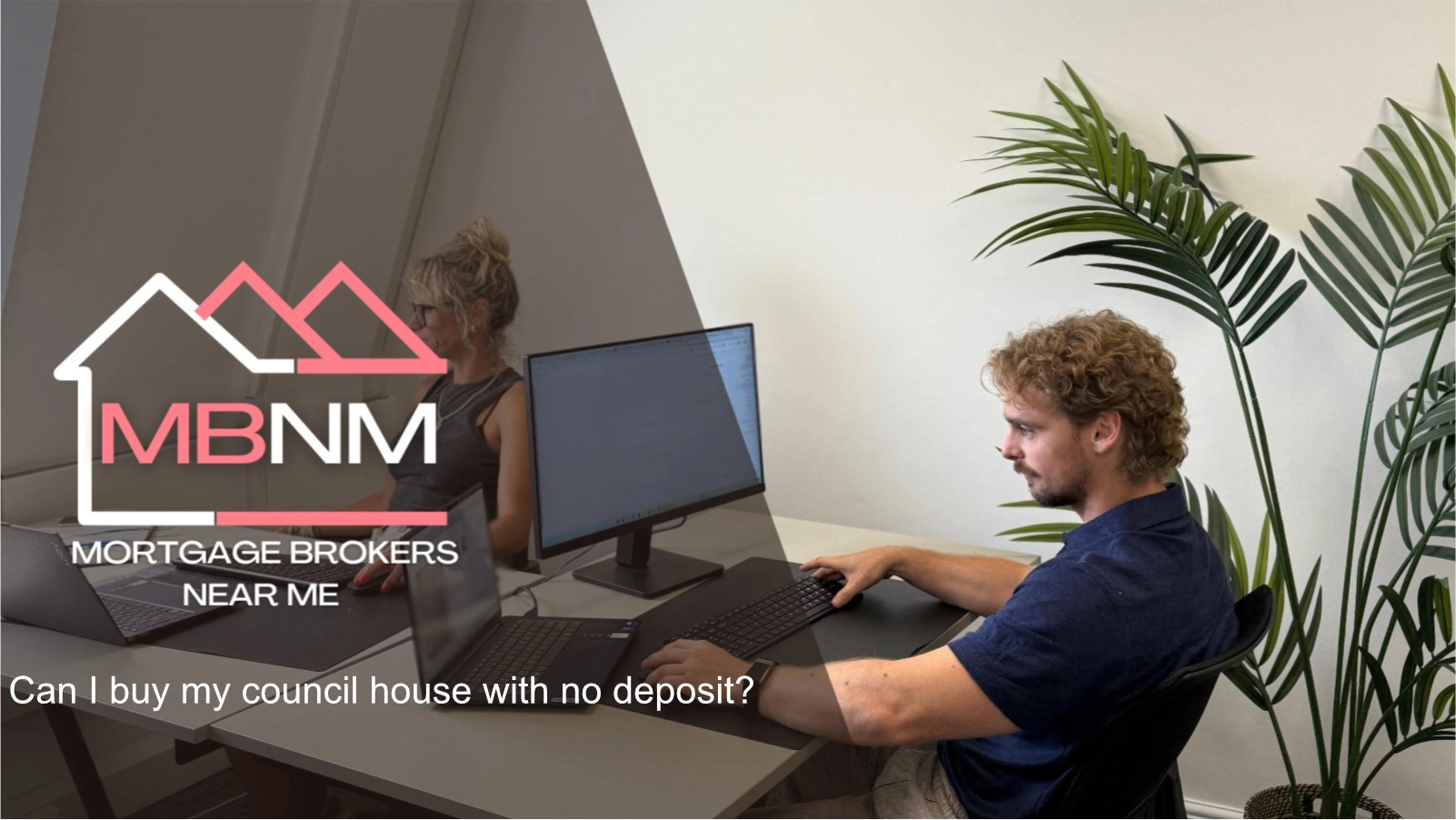Your mortgage deposit isn’t just about saving money, lenders want to see where it came from and that it’s legitimate. Whether it’s your own savings, a gifted deposit, or part of a shared ownership scheme, you’ll need to provide proof and meet the minimum percentage required for your mortgage type. Speaking to an expert broker early can make the process smoother and help you avoid delays.

Aug 18, 2025

When people think about buying a house, the first thing that comes to mind is the deposit. Everyone tells you it’s simple: save X amount, hand it over, and you’re done. But that’s not the full story. The truth is, when it comes to mortgages, deposits are more complicated than most buyers realise.
In this blog, I’ll explain what a mortgage deposit really is, how much you might need as a first-time buyer or landlord, and why the “deposit trail” is just as important as the money itself.
A deposit is the chunk of money you put down towards the price of the property. It shows the lender you’ve got some financial commitment in the deal. The rest is borrowed through your mortgage.
For example:
The bigger the deposit, the less you borrow, which often means cheaper monthly repayments and access to better mortgage rates.
“Getting your deposit right is more than numbers. It’s about paperwork, timing, and showing lenders the full picture.”
For most residential mortgages, you’ll need at least 5% of the property value. Some lenders prefer 10% or more.
For buy-to-let mortgages, the deposit requirements are higher usually 25% or more.
So the type of property and purpose (residential vs. buy-to-let) will directly affect how much deposit you need.
Here’s the part most blogs miss: it’s not enough to just have the deposit. You need to prove where it came from. This is called the deposit trail.
Lenders and solicitors must check the source of your funds to comply with anti-money laundering rules. If the money can’t be traced properly, your mortgage could be delayed or even fall through.
That means every pound must be accounted for.
One of our clients, Liam, was buying his first flat. His mum gifted him part of the deposit. Instead of leaving it in the original account, Liam moved it to a savings account.
The problem? The solicitor now had to see:
This added extra checks and stress to the process. If Liam had left the funds untouched until told to move them, things would have been much smoother.
Tip: Always wait for your solicitor’s guidance before moving gifted deposit money.

Gifted deposits are common parents, grandparents, or other family members helping first-time buyers get on the ladder. But they come with paperwork:
The key is transparency. If it looks clean and easy to follow, the lender is happy.
It’s not just about affordability. Lenders have to follow strict anti-money laundering checks. A missing document or unexplained transfer could stall your application.
That’s why working with a mortgage broker helps we know exactly what lenders want to see and can guide you step-by-step.
How much deposit do I need for a mortgage?
For residential mortgages, usually between 5%–10%. For buy-to-let, around 25%+.
What deposit do I need for a buy-to-let mortgage?
Most lenders ask for 25%, but some will go higher depending on the property and rental income.
What is a gifted deposit?
Money given by a family member (or close friend in some cases) to help you buy a property. It must be a gift, not a loan.
Why do lenders need a deposit trail?
To prove the funds are legal and meet anti-money laundering rules. It protects both the buyer and the lender.
Can I use savings for my deposit?
Yes, but you’ll need to show statements covering the last 3–6 months.

“It’s not just about saving a deposit, it’s about proving where it came from that’s the deposit trail most buyers overlook.”
The truth is, everything you think you know about deposits probably leaves out the deposit trail. Lenders don’t just want your money, they want to know its full story.
Whether you’re a first-time buyer with a 5% deposit or a landlord investing with 25%, getting the paperwork right is as important as saving the cash.
At Mortgage Brokers Near Me, we’ve helped hundreds of buyers make sense of deposits from savings to gifted money and keep their applications moving.
Ready to get clear on your deposit and find the right mortgage? Speak to us today for advice that saves time and stress.

If you’re buying a buy-to-let property, choosing between personal ownership and a limited company comes down to your tax position, mortgage costs, and long-term plans. Higher-rate taxpayers and landlords looking to scale often benefit from using a limited company, while basic-rate taxpayers buying a single property may find personal ownership simpler and cheaper. The right structure should be decided before you buy, as changing it later can be costly and complex.
Read Article
If you have multiple income streams, recent changes to your accounts, or you have been told your income is “too complex”, you can still get a mortgage. The key is how your income is evidenced, explained, and presented to the right lender. In this guide, we break down how lenders assess complex income, what documents you will need, when cases get declined, and how we helped a self-employed buyer secure a full mortgage offer in time to keep their property chain together.
Read Article
If you’re a council tenant wondering whether you need a deposit to buy your home, the answer is often no. With the Right to Buy scheme, many lenders allow the council discount to be used as your deposit, meaning you can purchase your property without putting down cash savings. While affordability, credit history, and property type still matter, the right advice can make the difference between thinking homeownership is out of reach and actually making it happen.
Read ArticleIf you’re buying, moving, or remortgaging, speak with a MBNM adviser and get clear guidance on what’s realistically available to you, before you commit to anything.

